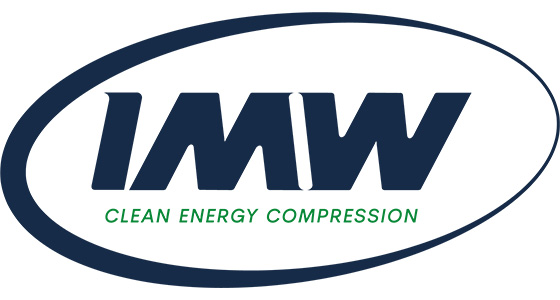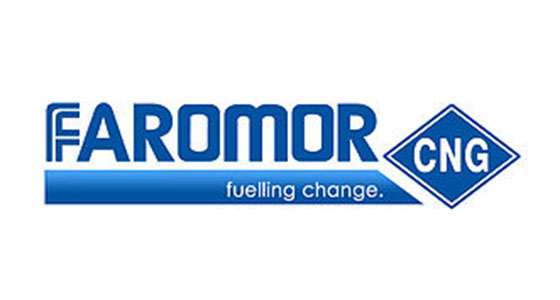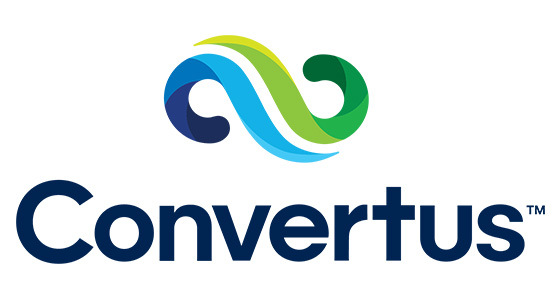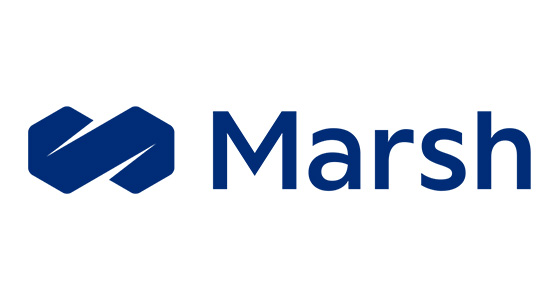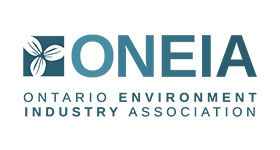Announcing the Winner of the 2025 Canadian Biogas Industry Awards Project of the Year
Last week CBA celebrated the 2025 Canadian Biogas Industry Awards winner for Project of the Year at the Value of Biogas East conference on March 18th. The Canadian Biogas Industry Awards recognize accomplishments of organizations and individuals in the biogas sector. Congratulations to Niagara RNG LP – Walker East & South Landfill Gas to RNG. The award recognizes the facility’s contribution to the biogas industry as the largest RNG facility in Ontario. The winner of Biogas Champion will be announced at the Value of Biogas West on October 7th.






